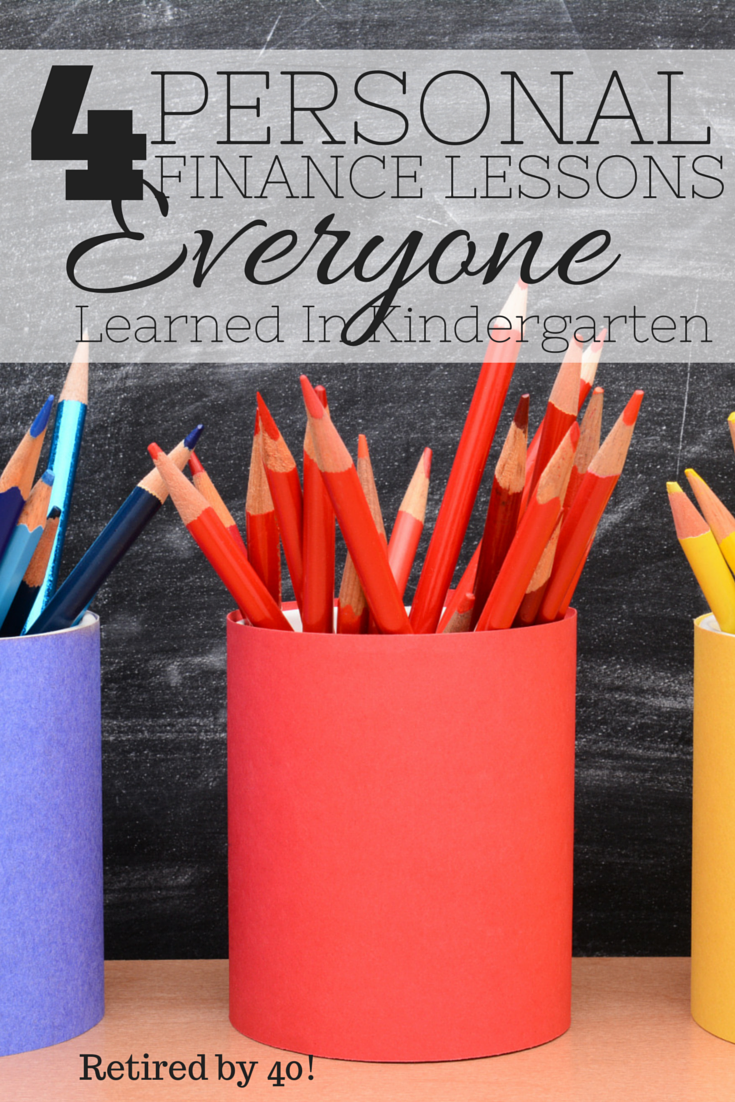Editors Note: I want to thank Josh from CNA Finance for this awesome post! I know that I definitely struggle with patience, so this totally struck a chord with me – hopefully it will help you see the value of patience too! Take it away, Josh!
Patience Pays!
Everyone has heard the statement “Patience is a Virtue”. I am here to attest to the truth behind the saying while day trading the U.S equity markets.
I began day trading with my friend Ross from Warrior Trading with the goal of generating some passive income and learning a new skill. Years later I’m able to look back at my earlier years trading and realize how naive I was. I had no way of knowing that learning to day trade would teach me more about myself than anything else I’d done in my life.
Day trading requires an extreme amount of focus while making important decisions that often occur in split seconds. Simultaneous analysis of Market conditions, charts, and indicators all while grappling with internal emotions can cloud a trader’s mind, resulting in an irrational, and ultimately incorrect decisions.
I often found myself becoming overwhelmed, frustrated, and emotional while trading. These emotions snow balled into aggressive and careless trading.
What started as an idea of a part-time hobby for a little income on the side became a challenge I was determined to meet. I realized that the only way for me to break a losing streak was to slow down and have patience. In fact my instinct was to do the opposite. I would get more aggressive and increasing frustrated when I was in a rut. It took me years to learn the level of patience and self-control required to effectively trade the markets. Patience is comprised of maintaining composure and the ability to tolerate delay, which can be lengthy at times.
Patience can be applied in a myriad of ways to become a successful trader. I will highlight the 3 types that made me a consistent and profitable trader.
1. Wait for a move you clearly understand – Many traders who are new to the profession have a very limited, if any, understanding of market internals, trends, and the geometric patterns used to identify a trade setup. This uncertainty can lead to a detrimental habit known as “chasing.” Chasing most often occurs through impulse entries based only off the movement occurring at that instant. The ability to demonstrate patience as a novice is a critical skill in developing a successful strategy.
2. Wait for your “Go-To” setup – Every trader needs to have their “Go-To” setup. “Go-To” setups are those that you can recognize immediately and have the confidence to execute a trade without excessive analysis. Throughout the trading day you will see many opportunities for placing trades. However, having the patience to time your entry properly is equally important as recognizing that proper entry may have already passed. Exercising self control on a missed opportunity will help you reinforce what you do know and correctly decipher specific indications from the market. The worst thing you can do is chase a move that already happened. This chasing mentality is common among new traders but often results in large losses. Learning to accept a missed opportunity and wait for the next one is what creates successful traders.
3. Wait for your trade to develop – After entering a trade, you must allow it time to develop and failing to do so or a premature exit may result in losses and/or forfeiting a much larger win. A great deal of patience and discipline is required to allow a trade to unfold and eventually realize the larger wins.
Patience is the key element that opened the door to a path of profitability in my trading. If you can practice patience while keeping your emotions in check your trading decisions will be influenced solely by skill. Patience is vital to integrate into your strategy and should also be #1 on your list if you wish to become successful at a very challenging, but exponentially rewarding career. I’ve found that the patience I learned as a trader has rippled through all areas of my life. I’m more patient with my family, friends, and co-workers. These skills I learned as a trader have also made my life more rewarding.
Author Bio – This post was written by Joshua Rodriguez, owner and founder of CNA Finance.














Leave a Reply